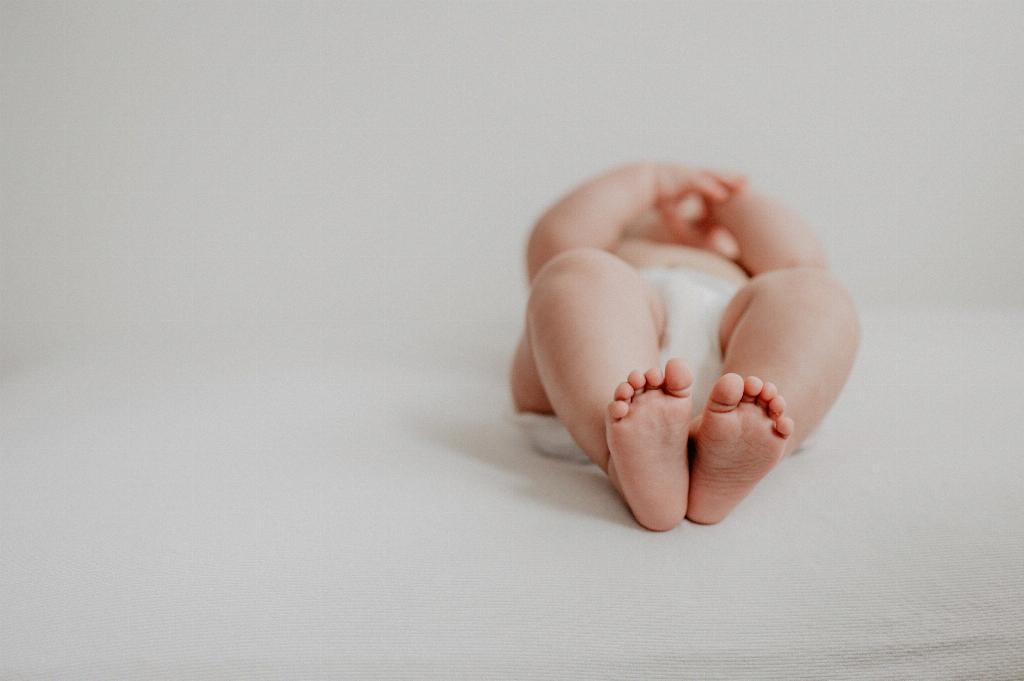When it comes to the safety of our little ones, the choice of diapers plays a crucial role in ensuring their well-being. The debate between disposable and reusable diapers has been ongoing for years, with advocates on both sides. As parents, it is essential to consider all aspects before making a decision that impacts our baby’s health.
One of the primary concerns regarding diaper safety is the exposure to harmful chemicals. Disposable diapers often contain chemicals like dioxins, phthalates, and fragrances that can be harsh on a baby’s delicate skin. In contrast, reusable diapers, especially those made from organic materials like cotton, offer a safer alternative with reduced exposure to these chemicals.
Organic cotton diapers, in particular, are known for being pesticide-free. This means that parents can rest assured that their baby’s skin is not in contact with any harmful substances that could potentially cause irritation or allergic reactions. By choosing reusable diapers made from organic materials, you are taking a proactive step towards providing a safer diapering option for your little one.
Another advantage of reusable diapers is their breathability. Cloth diapers allow for better air circulation, which can help prevent diaper rash and skin irritation. Disposable diapers, on the other hand, trap moisture against the baby’s skin, creating an environment conducive to rashes and discomfort. By opting for reusable diapers, you are promoting better skin health for your baby.
Furthermore, the environmental impact of diaper choices cannot be overlooked. Disposable diapers contribute significantly to landfill waste, taking hundreds of years to decompose. By using reusable diapers, you are embracing a more eco-friendly option that reduces the carbon footprint and promotes sustainability for future generations.
Some parents may express concerns about the convenience of reusable diapers compared to disposables. While it is true that cloth diapers require more effort in terms of washing and maintenance, the benefits they offer in terms of safety and sustainability far outweigh the extra steps involved. With modern advancements like diaper liners and washing machines, using reusable diapers has never been easier.
It is essential to note that the safety of reusable diapers also depends on proper care and maintenance. Regular washing with gentle detergents, thorough rinsing, and sun-drying can help keep reusable diapers clean and hygienic for your baby. By following recommended guidelines for diaper care, you can ensure that your baby is using a safe and healthy diapering option.
Ultimately, the safety of reusable diapers for babies comes down to personal preference and individual considerations. While disposable diapers may offer convenience, reusable diapers provide a more sustainable and environmentally friendly choice that prioritizes the health and well-being of your little one. By weighing the advantages and disadvantages of each option, you can make an informed decision that aligns with your values and concerns as a parent.
In conclusion, reusable diapers can indeed be a safe and beneficial choice for babies, offering advantages in terms of reduced chemical exposure, better breathability, and environmental sustainability. By understanding the benefits of reusable diapers and taking steps to ensure proper care and maintenance, parents can provide a secure and comfortable diapering experience for their precious little ones.

